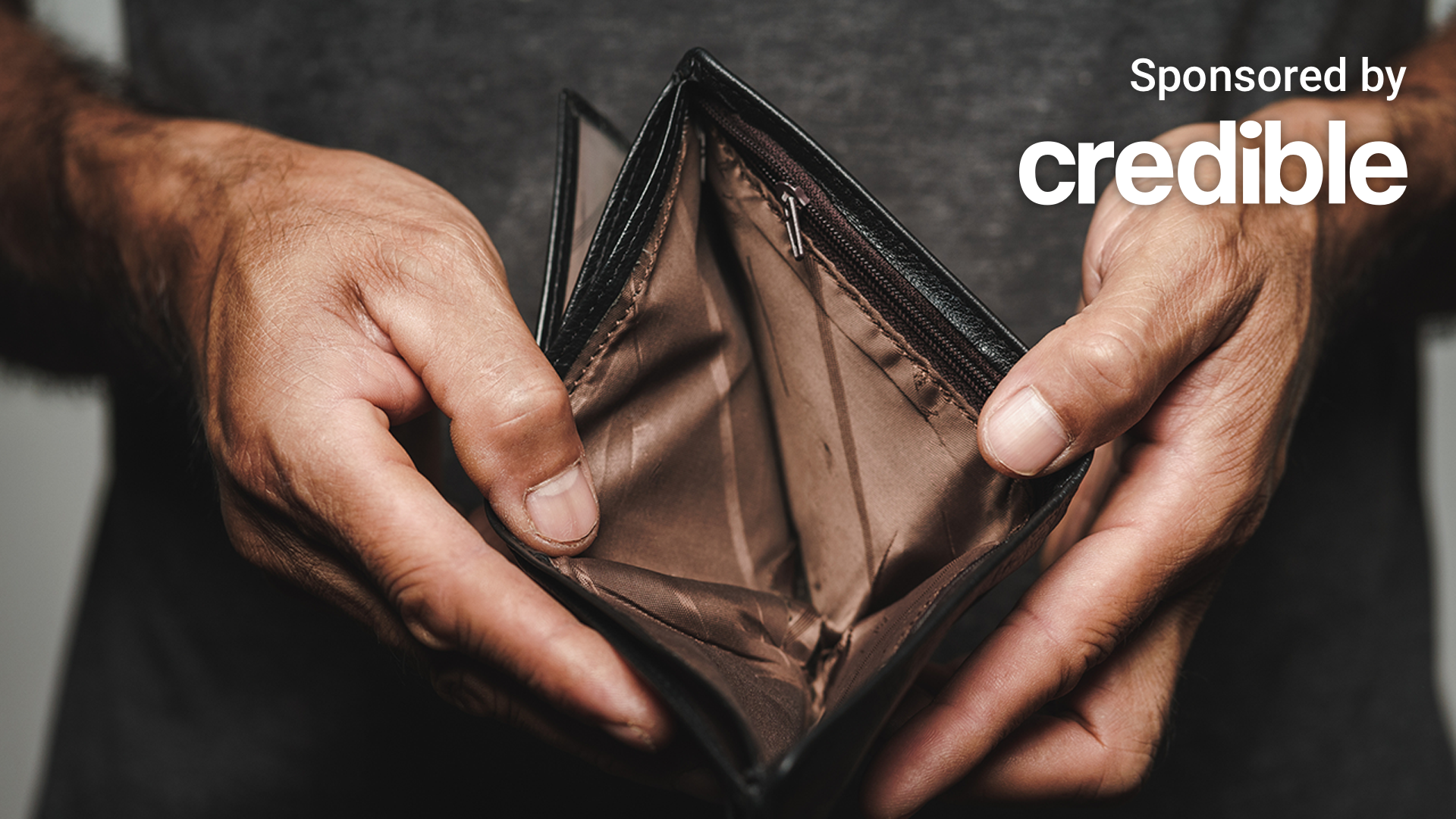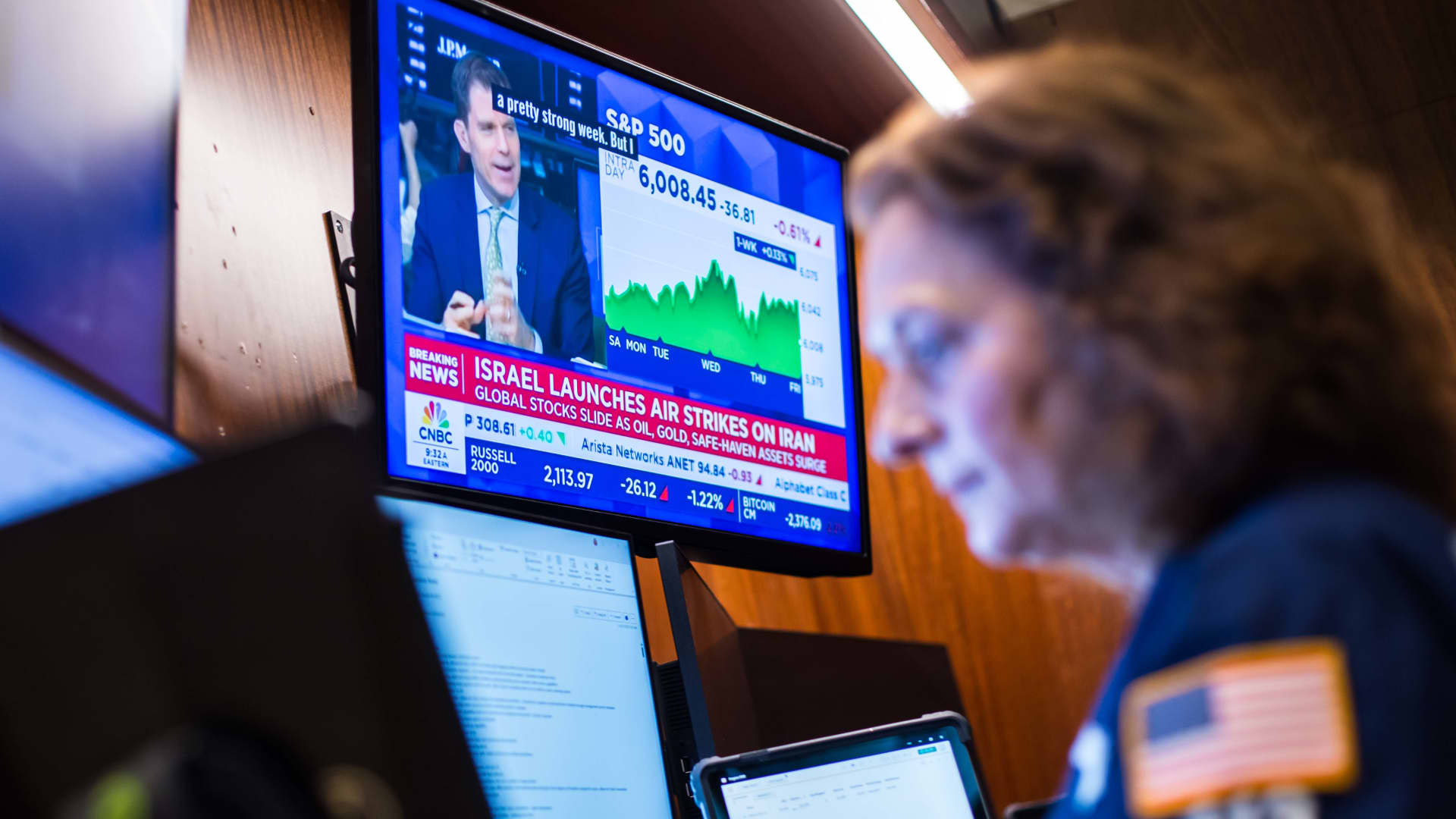Americans can’t save because they struggle to meet basic spending needs. (iStock)
Americans are borrowing from their savings or taking other measures to make ends meet under the pressure of inflation, a recent survey said.
More than a quarter (26.1%) of Americans have to withdraw money from savings – including retirement accounts – or sell off assets to meet basic spending needs, according to the Help Advisor survey. Moreover, 11.5% have had to tap family and friends to access capital for routine spending.
The survey said inflation and rising prices are reasons Americans tapped savings or resorted to other methods to cover basic spending needs. U.S. inflation is cooling some after hitting a 40-year high in 2022, but Americans are still dealing with rising gas costs, high food prices, and out-of-control housing costs.
More than half of Americans (55% of respondents) said in a recent Gallup survey they worried “a great deal” about inflation, with another 24% saying they worried “a fair amount.” In addition, 52% of Americans believe inflation is a bigger problem facing the US today than unemployment, immigration and crime.
“Post-COVID-19 inflation has taken a toll on Americans’ pocketbooks,” the HelpAdvisor survey said.
If you are struggling with high inflation, you could consider taking out a personal loan to pay down debt at a lower interest rate, reducing your monthly payments. Visit Credible to find your personalized interest rate without affecting your credit score.
SOCIAL SECURITY: COLA INCREASING BUT MEDICARE COSTS RISING TOO IN 2024
Housing inflation
High home prices and mortgage rates continue to crowd out many homebuyers as mortgage rates hover between 6.5% and 7%. While the Federal Reserve has said that the plan to reverse interest rate hikes is still in the works, the timeline for when those cuts will begin remains unclear. A reversal in interest rates is crucial in creating more affordability for buyers who are also dealing with record home price gains.
However, housing supply is improving, according to a recent Redfin report. New listings rose 13% from a year earlier nationwide during the four weeks ending March 3, the most significant increase in nearly three years.
Home prices have also lost some momentum. Roughly 5.5% of home sellers dropped their asking price, the highest share of any February since at least 2015, while the share of affordable homes on the market has increased, according to Redfin.
If you want to become a homeowner, you could still find the best mortgage rates by shopping around. Visit Credible to compare your options without affecting your credit score.
MILLENNIALS ARE DESPERATE TO BUY A HOME, MOST WILLING TO PAY A MORTGAGE RATE ABOVE 7%: SURVEY
Interest rates stay higher for longer
The Fed responded to record-high inflation by aggressively raising the federal funds rate 11 times to a 23-year high of about 5.4%. This policy helped bring inflation down to 3.2% in February from a peak of 9.1% in June 2022.
While it is largely expected that the Fed will begin to dial back interest rates as inflation continues to moderate, the timeline on cuts is being pushed further into the distance to give inflation more time to reach a 2% target rate. Fed officials anticipate at least three rate cuts for 2024. Federal Reserve Chair Jerome Powell said that the central bank will continue to monitor inflation and other economic indicators to determine when to lower rates. Lowering them too soon would bring the risk of bringing inflation back while holding back too long poses a risk to economic growth, Powell explained.
“We believe that our policy rate is likely at its peak for this tightening cycle and that, if the economy evolves broadly as expected, it will likely be appropriate to begin dialing back policy restraint at some point this year,” Powell said in a statement. “The economic outlook is uncertain, however, and we remain highly attentive to inflation risks. We are prepared to maintain the current target range for the federal funds rate for longer, if appropriate.”
If you’re worried about the state of the economy, you could consider paying down high-interest debt with a personal loan at a lower interest rate. Visit Credible to speak with a personal loan expert and get your questions answered.
THIS IS THE #1 CITY FOR FIRST-TIME HOMEBUYERS, AND OTHER HOT US HOUSING MARKETS
Have a finance-related question, but don’t know who to ask? Email The Credible Money Expert at [email protected] and your question might be answered by Credible in our Money Expert column.

 Economics1 week ago
Economics1 week ago
 Economics1 week ago
Economics1 week ago
 Economics6 days ago
Economics6 days ago
 Finance1 week ago
Finance1 week ago
 Blog Post7 days ago
Blog Post7 days ago
 Economics1 week ago
Economics1 week ago
 Personal Finance6 days ago
Personal Finance6 days ago
 Economics1 week ago
Economics1 week ago












